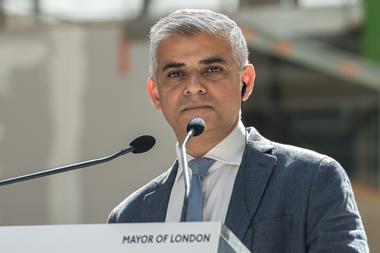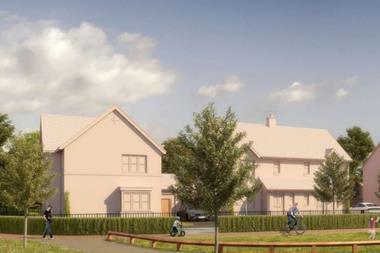Editor: When faced with uncertainty, there is a tendency for people to focus on worst-case scenarios. This has certainly been the case when discussing Brexit.

Yet, a deal has been struck and it looks as though 2021 could signal the final chapter in the UK’s transition out of the EU.
Naturally, people are starting to question just how our new relationship will affect property. I believe it will not drastically affect demand for property — or at least not in the coming months.
In times of volatility and uncertainty, people tend to gravitate towards assets that not only are positioned to deliver returns but also can provide some kind of security.
Property ticks both these boxes; it is a tangible asset that has historically been able to recover quickly from disruptive periods. This was evident in 2020 – following the announcement of the stamp duty holiday, buyers flocked to the property market.
Even during a health pandemic with significant economic consequences, house price growth and transactional activity were consistently strong.
With the country now coming to terms with Brexit, I anticipate demand for property will remain strong. Over the years, the UK has been able to effectively establish itself as a leading destination for investment in bricks-and-mortar.
This partly has to do with the diverse range of opportunities on offer, from buy-to-let investments to new-build constructions. There is good reason to believe this will remain the case in 2021.
If the value of the pound drops as a consequence of Brexit, it might also provide further incentive for international buyers to invest in UK property. A weak pound makes it comparatively cheap for certain buyers, and with significant changes to stamp duty for overseas buyers coming into force in April, we could see a flurry of activity over the coming months.
Paresh Raja, chief executive, Market Financial Solutions





























No comments yet